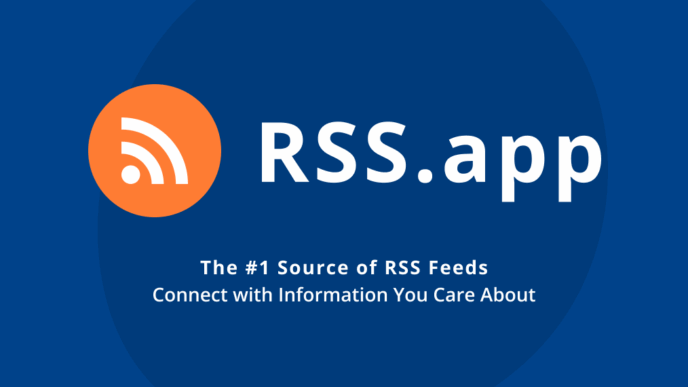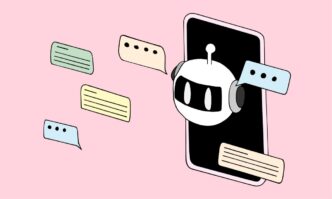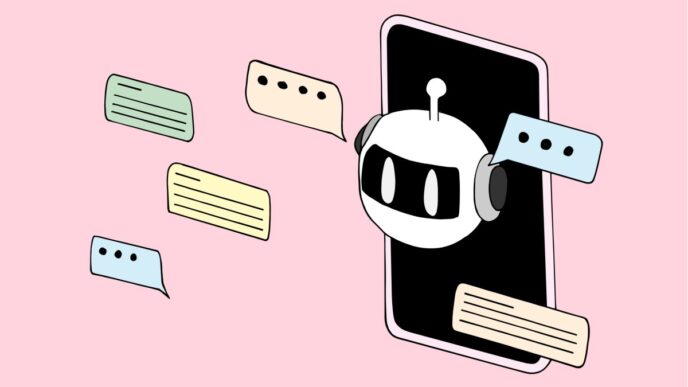A retired lawyer who embraced tech early now relies on AI daily—and isn’t worried about AI shaking up jobs.
He started with dial-up in the ’90s, taught himself databases, and automated his entire legal practice before retiring in 2020. When ChatGPT dropped in 2022, he jumped right in, now using multiple AI assistants on phone and browser—Claude by Anthropic is his favorite.
Claude helps him fact-check, find hospital WiFi info, and even serves as a first stop for health questions, though he double-checks with real doctors.
The lawyer sees AI as a tool, not a threat. He thinks AI will handle legal research and writing but doubts it will replace courtroom or client work anytime soon.
He’s not worried about AI ending jobs because embracing change helped him thrive for decades.
The takeaway: AI in retirement makes life easier. For those still working, the key is to learn the tools and adapt.
“Claude cites its sources, and they aren’t always the greatest, but if something is mission-critical, I’ll double-check what the LLM is saying.”
“I know turning to the internet for medical advice comes with risks, but I find it comforting and another arrow in my quiver of managing health as an older person.”
“Claude’s always ready to chat, with no appointments necessary. The chatbot never becomes impatient, condescending, or snippy.”
“If Claude advises me to check with my human doctors, I do it. The first thing I tell them is what Claude said. So far, their reactions have been bemused but appreciative, rather than resistant.”
“I foresee lawyers being able to use AI tools to save time on research and writing, but I think handholding clients and appearing in court will go on as usual.”
“Changes will be wrought by AI, but it won’t be the first or last time that technological change has transformed our workplaces.”
Source: Business Insider














